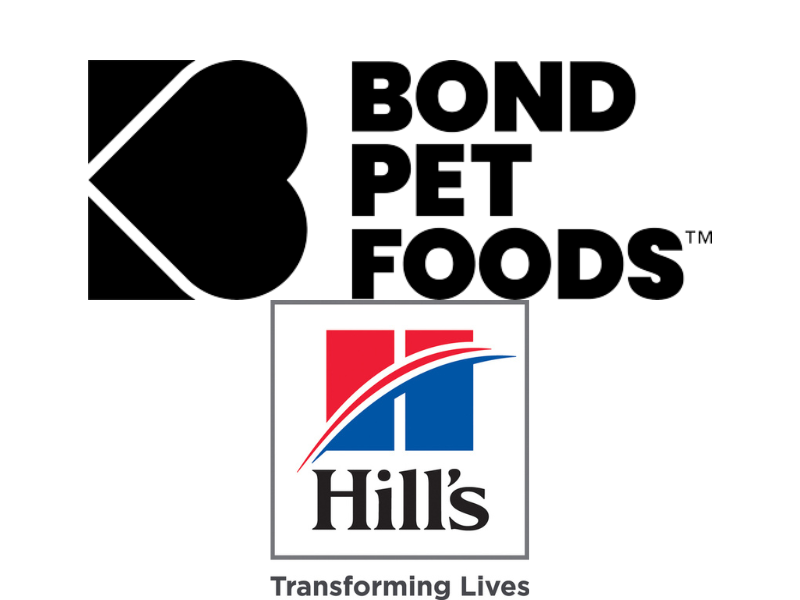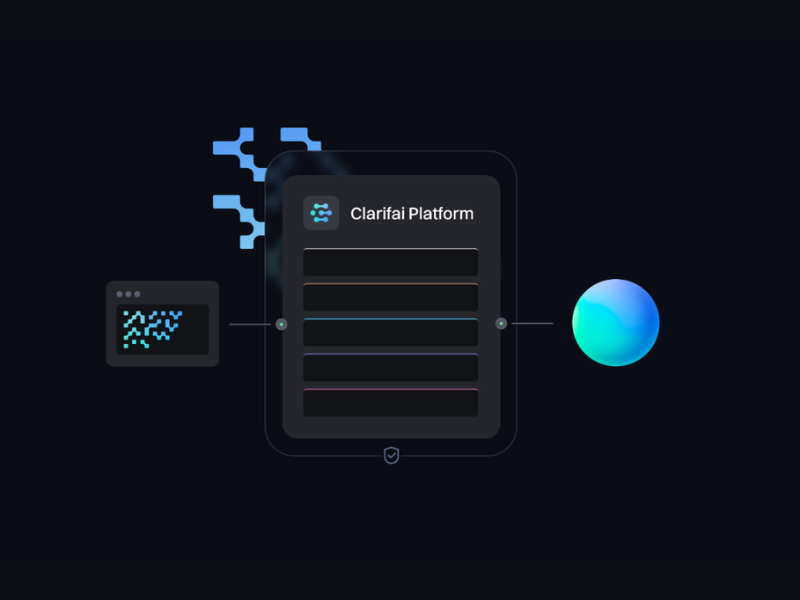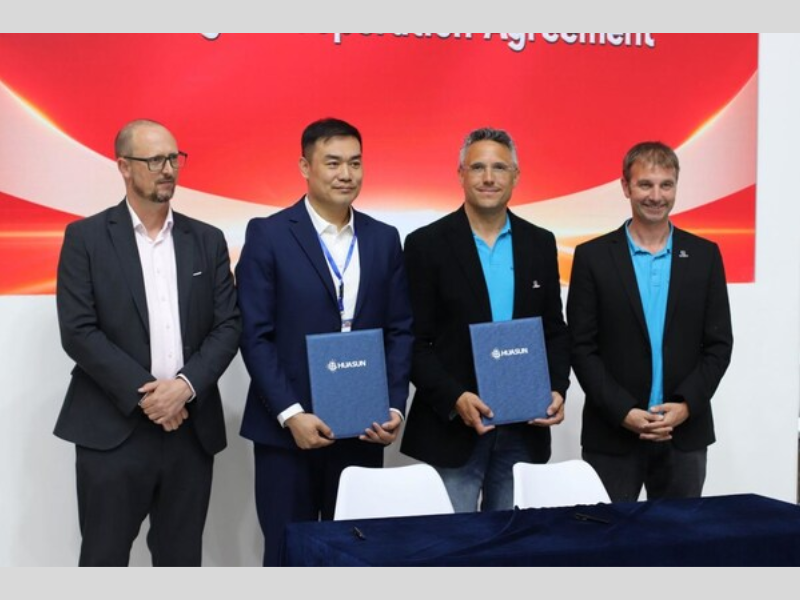Bond Pet Foods has shipped its first two metric tons of animal protein created through fermentation to Hill’s Pet Nutrition, which will begin to formulate test products using the innovative, more sustainable ingredient for regulatory review and market evaluation.
Separately, the companies announced a second joint development agreement to create an additional animal protein for potential use in Hill’s products. The collaboration between Bond and Hill’s, announced in late 2021, aims to develop a source of more sustainable animal protein to fulfil the dietary needs of dogs and cats.
The two metric tons produced by Bond represents a major milestone toward commercializing its fermentation technology for pet food applications. The delivery scale will allow Hill’s to formulate various products at its Pet Nutrition Center in Topeka, KS for evaluation. That data will be used for the ingredient’s eventual review by the U.S. Food and Drug Administration’s Center for Veterinary Medicine, as well as to prepare prototypes for market evaluation.

“Hill’s is known for its leadership in precise, complete and balanced, science-based nutrition. We are excited to continue our relationship with Bond and support their truly novel approach to produce animal proteins in a more sustainable way that meets our high-quality standards,” said Dave Baloga, Executive Vice President of Science & Technology for Hill’s Pet Nutrition.
“Producing tons of product at the 45,000 Liter scale is a major milestone in the Bond-Hill’s collaboration,” said Rich Kelleman, Founder and CEO of Bond Pet Foods. “Additionally, Hill’s commitment to expand on our work demonstrates the opportunity we collectively see in Bond’s ingredients for their and the pet industry’s food future.”
According to Bond, its precision fermentation platform is safe and established – building off a process that has been around for more than half a century to make everything from enzymes (rennet) for cheese manufacture to vitamin B12.
The process has been carefully reimagined to more efficiently produce proteins like chicken, turkey and beef for pet food applications, without raising and processing farm animals.
In the U.S. alone, 74 million dogs and 56 million cats in households currently consume large amounts of animal-based protein. As a result, as noted in a 2017 study published in the scientific journal PLUS One, pets account for up to 30% of the carbon dioxide emissions associated with domestic meat consumption. This represents both CO2 and additional greenhouse gas emissions from animal production.



























